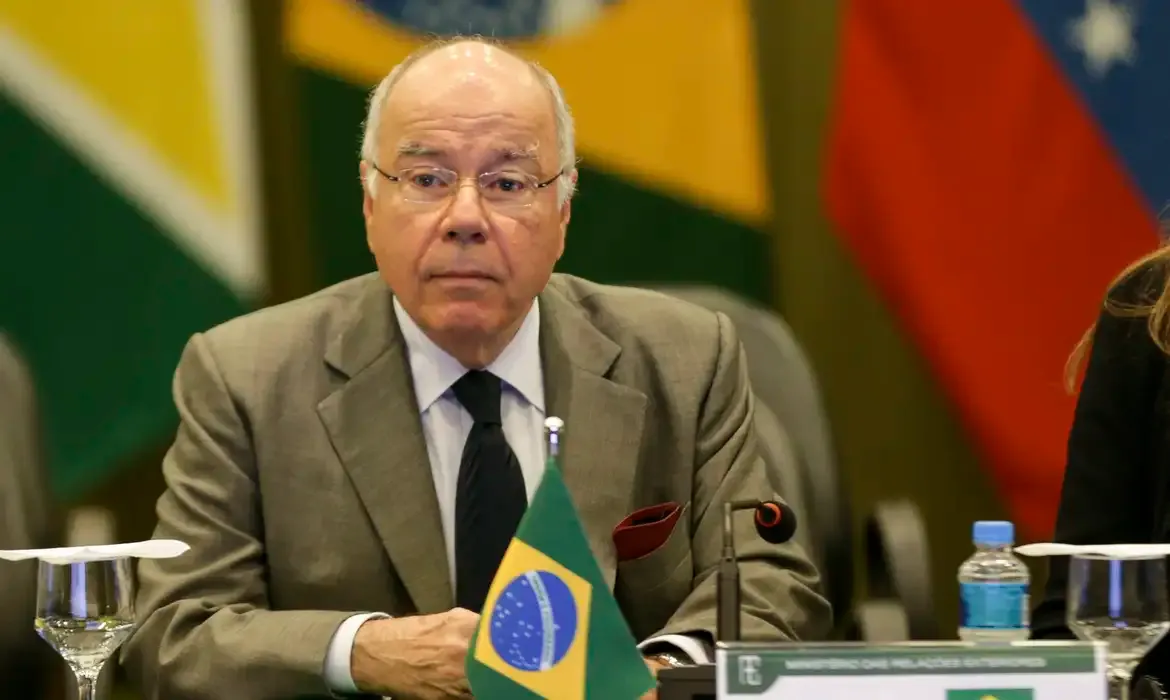The two-day meeting of the G20 Foreign Ministers ended today in Rio de Janeiro, Brazil, without any final statement but with a summary commentary by Brazilian Foreign Minister Mauro Vieira, who reviewed the priority subjects he had raised in his opening speech yesterday and mentioned some highlights of the discussion. In yesterday’s remarks, he had sharply criticized the United Nations, warning that multilateral institutions “are not properly equipped to deal with the current challenges, as has been demonstrated by the Security Council’s unacceptable paralysis on the ongoing conflicts” in Gaza and Ukraine.
Of the three topics Brazil had identified as priorities for its G20 presidency—fighting hunger, poverty, and inequality, and achieving sustainable development in its economic, social, and environmental dimensions—it was the third issue, of reforming global governance, that was chosen as the priority issue for the Rio meeting. It’s clear, Vieira told participants, that the whole system needs “profound reform.”
In one very pointed remark yesterday, Foreign Minister Vieira emphasized that “Brazil does not accept a world in which differences are resolved by the use of military force,” adding that it isn’t even “minimally reasonable” that $2 trillion are spent annually on military budgets rather than directing this amount to economic development instead. The real wars to be fought, he said, should be against hunger, inequality, underdevelopment, and climate change. “A very significant part of the world has opted for peace and doesn’t accept being involved in conflicts promoted by foreign countries,” Vieira asserted. “Brazil rejects seeking hegemonies—old or new. It’s not in our interest to live in a fractured world.”




